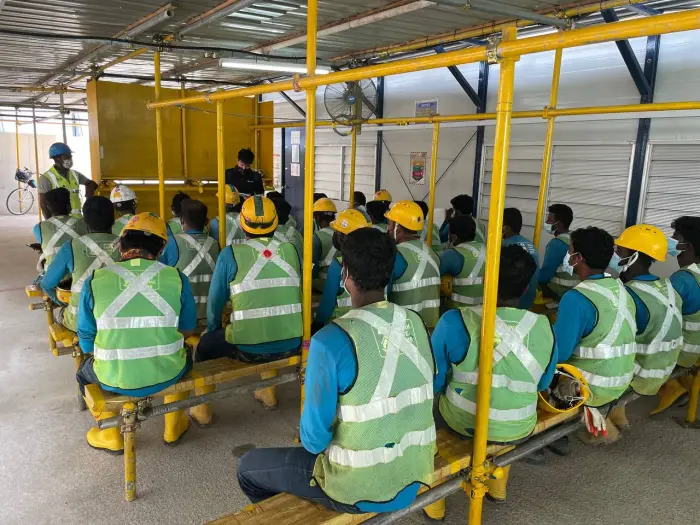Mobile crane operator safety training programs are crucial for ensuring that operators are equipped with the skills and knowledge necessary to safely and effectively manage these powerful machines in real-world settings. These programs are designed to cover a range of topics essential for both novice and experienced operators, emphasizing the importance of safety, precision, and adherence to regulatory standards. The foundation of any effective mobile crane operator safety training program begins with a thorough understanding of the equipment. Operators must be familiar with the crane’s components, including the boom, hoist, and counterweights, as well as the crane’s load capacity and limitations. Training programs typically include detailed instruction on how to read and interpret load charts, which are vital for determining safe lifting practices. Understanding these technical aspects helps prevent overloading, which is a leading cause of crane accidents. Practical, hands-on training is another key component of these programs. Operators are given the opportunity to practice operating cranes in controlled environments that simulate real-world scenarios.

This practical training helps operators develop the muscle memory and situational awareness needed to handle the crane safely under various conditions. Trainees learn how to maneuver the crane accurately, coordinate with ground personnel, and manage different types of loads. They also gain experience in performing routine maintenance checks and addressing potential mechanical issues. Safety protocols are a major focus of mobile crane operator training. Operators are trained in the use of personal protective equipment PPE and are taught to recognize and mitigate hazards in their work environment. This includes understanding how to manage risks associated with overhead power lines, unstable ground conditions, and nearby structures. Emergency procedures are also covered, preparing operators to respond effectively to potential accidents or malfunctions. Regulatory compliance is another critical aspect of the training. Operators must be familiar with local, state, and national regulations governing crane operations. Training programs often include a review of the Occupational Safety and Health Administration OSHA guidelines, as well as industry-specific standards. By ensuring that operators are well-versed in these regulations, training programs help organizations avoid legal issues and maintain a safe working environment.
In addition to the technical and safety aspects, effective training programs emphasize the importance of communication and teamwork. Crane operations often involve coordinating with ground personnel and other operators, so clear and effective communications is essential for preventing accidents and ensuring smooth operations and learn more. Training programs typically include modules on effective communication techniques and strategies for working collaboratively with a team. Finally, ongoing education and recertification are crucial for maintaining high safety standards. Mobile crane operators must periodically update their skills and knowledge to stay current with technological advancements and changes in regulations. Many training programs offer refresher courses and recertification options to help operators remain proficient and informed. In summary, mobile crane operator safety training programs play a vital role in preparing operators for the challenges of real-world crane operations. By providing comprehensive instruction on equipment, safety protocols, regulatory compliance, and communication, these programs help ensure that crane operators can perform their duties safely and effectively, reducing the risk of accidents and contributing to a safer work environment.
